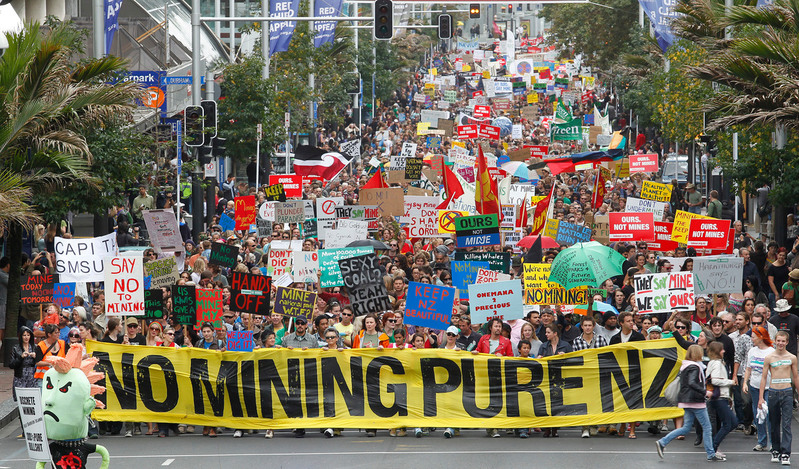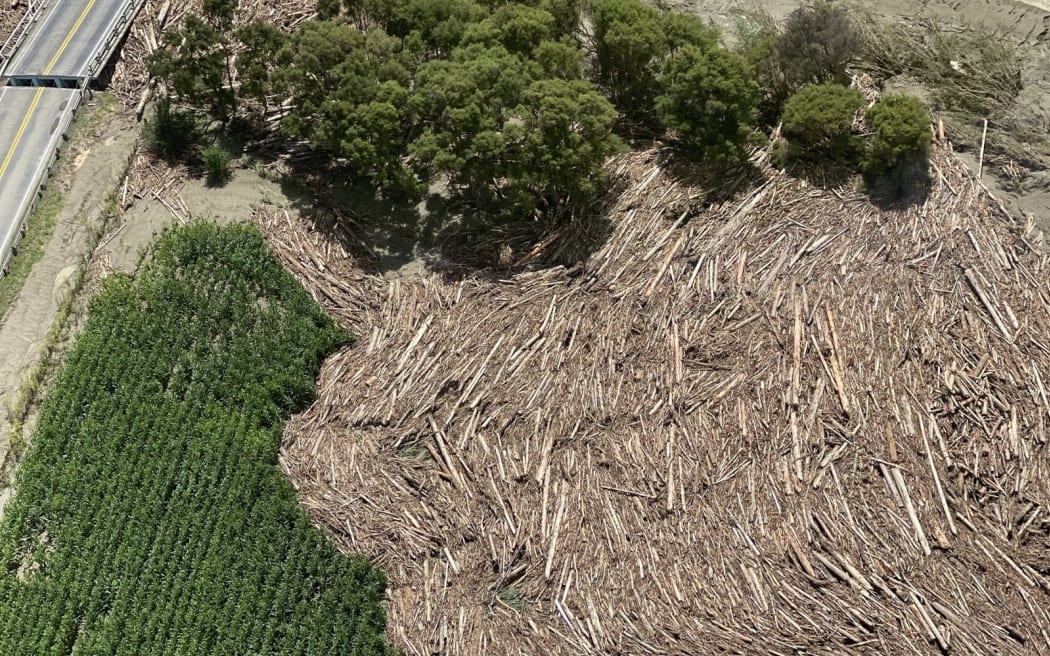Soon the Government will announce its decision on New Zealand’s methane target. Whether Luxon chooses to formally weaken the target, or to quietly hold the line at the lowest possible level, the outcome will likely be far from good. These changes would mean less action on one of the most dangerous greenhouse gases driving the climate crisis.
Why the methane target matters
Methane is a superheating gas. Over 20 years, it’s around 80 times more powerful than carbon dioxide at trapping heat. And here in New Zealand, it makes up the bulk of climate pollution because of the huge dairy industry and livestock herds. That’s why the independent Climate Change Commission has been crystal clear: we need to strengthen our methane target, not weaken it.
But instead of listening to science, Luxon is listening to a small group of powerful lobbyists from the livestock industry. They’ve been pushing an accounting trick called “no additional warming,” which claims that if we just hold methane steady, everything will be fine. The reality? Current methane levels are already cooking the climate and need to come down fast.
In fact, scientists say that cutting livestock methane is essential to prevent temperature overshoot. They call it our “emergency brake” – our chance to slow global heating within our lifetimes.
Farmers will be the ones left behind
Luxon likes to pitch himself as doing farmers a solid by changing the methane target. In reality, he’s throwing them under the bus. Major customers like Nestlé have already warned that New Zealand risks falling behind competitors in Europe and North America if we don’t up our game on climate change. Even Fonterra admits its Australian farms are more efficient than those in New Zealand.
By clinging to old myths about being the “most efficient” dairy producer, Luxon is steering the sector toward a dead end. Instead of preparing farmers for the future, he’s exposing them to trade risks, customer backlash, and lost markets.
The international fallout from a weak methane target
Luxon might hope to fool New Zealanders into thinking his stance on climate change is bold. But it doesn’t take much to look better than your climate-denying coalition partners.
The thing is, our trading partners won’t buy it. The EU and UK require ambitious climate action as part of their trade deals with us. If New Zealand starts gaming the system with an accounting trick, they’ll see it for what it is. And the consequences will be felt most by the very farmers Luxon claims to protect.
What should happen instead
New Zealand doesn’t need more climate excuses. We need leadership. That means:
- A stronger methane target, in line with the Climate Commission’s advice.
- Bringing agriculture into the Emissions Trading Scheme, so polluters pay and innovators thrive.
- Supporting farmers to transition to ecological agriculture, with grants for agroforestry, advisory services, organic certification, and investment in infrastructure needed to process higher-value, lower-emissions products.
The choice ahead
Luxon will probably brand his decision on the methane target as a bold compromise. He’ll hail the Paris Agreement because he knows New Zealand’s exports depend on us being seen to clean and green. He’ll tell us that we can’t expect more from the agribusiness sector.
But, in truth, failing to step up our action on methane is a dangerous climate backdown that risks both the environment and the economy.
Real leadership would mean helping farmers prepare for the future, not tying them to a failing past.




